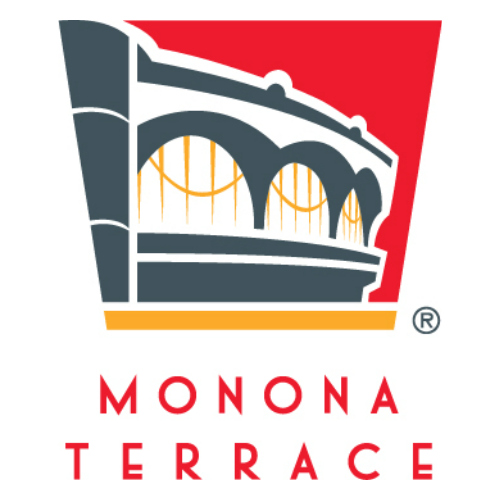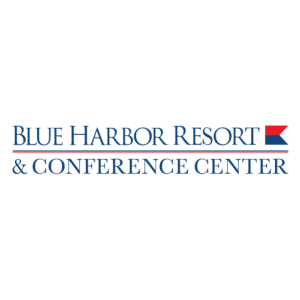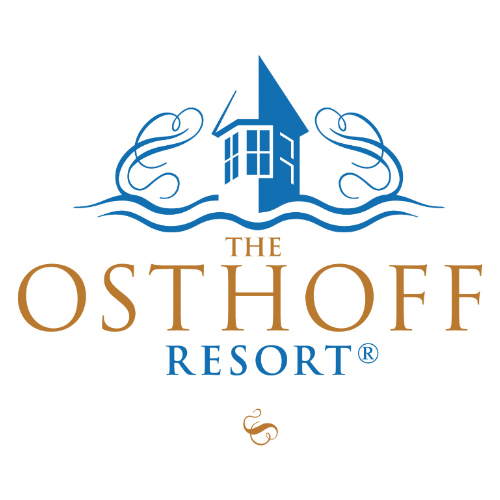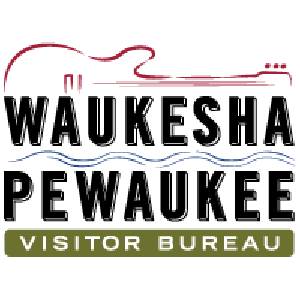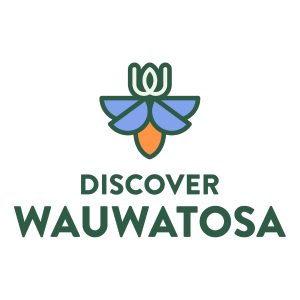Virtual Promotion
10/27/2017
By Clair Urbain
Part of increasing attendance at meetings and seminars means creating some sort of buzz about the subject matter and the upcoming event itself. In the past, that meant getting play in the media, but podcasts may be one of the most effective ways to create that buzz, and in turn, interest and attendance in your meeting.
“Podcasting had its first wave of popularity in 2005 when Apple released iTunes 4.9 with native support for podcasts. Podcasts were viewed as an obscure medium confined to a small group of enthusiasts. However, over the last 10 years all that has changed, and podcasting is enjoying a widespread resurgence, particularly for businesses and brands,” says Simon Dunant, founder of New Rise Digital, a digital marketing consultancy.
Traditional content marketing channels are becoming highly saturated, and whether you’re trying to get your message out via social media, blogs or other forms of written
content, it can be hard to break through the noise and rise to the top, says Dunant. “Not so with podcasting where there are still lots of opportunities to own your category on iTunes and the many other podcast distribution channels.”
PODCAST POPULARITY
Edison Research recently completed some studies related to podcast listeners:
- Podcast listeners are from a more affluent demographic. That means attracting a higher-value customer with more disposable income.
- Podcast listeners are an engaged audience, staying tuned for an average of 22 minutes per episode. That is five times longer than reading a blog post.
- Podcast listeners are far more likely to follow brands on social media, which encourages social influence and content sharing.
So how can podcasting help event organizers engage their audience and market their events? Before the event, a podcast that shares pre-event experiences can build anticipation for attendees and also help people discover and engage more closely with your event.
For example, if you run an endurance event, interview health and fitness professionals on a podcast. Ideas: give tips on the best way to train for the event or offer nutrition and diet ideas. If the event is for a cause, share personal stories that help build a stronger human/emotional connection with the audience. “Music events can use podcasts to gain awareness. This is an especially interesting method because concert/event goers already use audio as their medium of choice,” says Dunant.
If you’re running a conference, there are huge opportunities for you to run interviews with speakers and other subject matter experts around the topic of the conference. If it’s a multi-day conference, produce a daily update that attendees— and those who couldn’t attend—can download to their phone during and after the conference. “Those episodes can be used as promotional tools the following year to remind attendees of the valuable information presented, which can help encourage future event sign-ups,” he says.
GETTING STARTED
Like getting olives out of a jar, the first attempt at podcasting is the most difficult, but there is plenty of advice available online to help you get started.
“It’s very easy to get started with podcasting. Low-cost, high-quality USB condenser microphones make getting wired for recording easy. You can also get started by recording audio on a smartphone using just earbuds,” Dunant says.
Apps like Ringr are making it easier than ever to record interviews with guests using just your mobile phone, and innovative services like Blab are increasing access to community-based audio and video recordings online.
“On the discovery and sharing side, tools like Clammr are springing up to integrate audio snippets and calls post directly into existing social media accounts,” says Dunant. “Building a multimedia marketing experience helps potential attendees find out about your next event.”
“One of my personal favorites is BlogTalkRadio,” says Lori Soard, content editor and publisher at Attendee Events. “They have free options and you can either record via your computer with a microphone, call a number and record, or upload a previously recorded file.”
Soard suggests using software such as Audacity to prerecord the blog. “Audacity also allows you to edit. If you tend to stumble over your words, this editing feature can be quite useful and can allow you to come up with a polished sounding podcast,” Soard says.
REPURPOSE FOR FUTURE PROMOTION
If you already host an event or conference, repurposing that work by recording it and spinning it slightly can create another venue for your meeting presenters to share their information.
“For example, one Attendee Event client gives local talks about gardening tips,” says Soard. “Since the client runs a blog and writes gardening books and articles, she already has created a built-in way for her to reach more potential clients and readers, while sharing her wealth of knowledge in a new format. Whether it is a cooking class or workshops at a conference, think about ways you can record workshops into podcasts and release that content to an online audience.”
Another option is to record specifically for a regularly scheduled podcast. “This allows you to go more in-depth on some topics and answer questions your regular site visitors might have. You could easily take notes from a workshop and turn it into podcast,” says Soard.
HASHTAG IT
Another idea is to combine your podcast with a Twitter feed. Simply create a hashtag around a topic and tweet that hashtag with your audience and set a time for your Twitter chat/live podcast. When it’s time to podcast, pull up two screens, one for the podcast and the other for Twitter feeds and interact with both audiences simultaneously. ” Listeners can ask you questions as you’re teaching or add their own input. You simply read off the comments on the pertinent messages. Be aware that conducting a live podcast requires good verbal communication and multi-tasking skills. Practice to get good at this,” Soard says.
BUILD ONLINE CONTENT
Podcasts are excellent content to add to your website. “You can publish them to your blog along with notes, study questions and additional resources. You can also gather similar topics and put them on a CD to pass out to potential clients or event attendees. With a little thought, you can easily turn your workshops into podcasts and benefit from an extended audience for your events,” Soard concludes.





